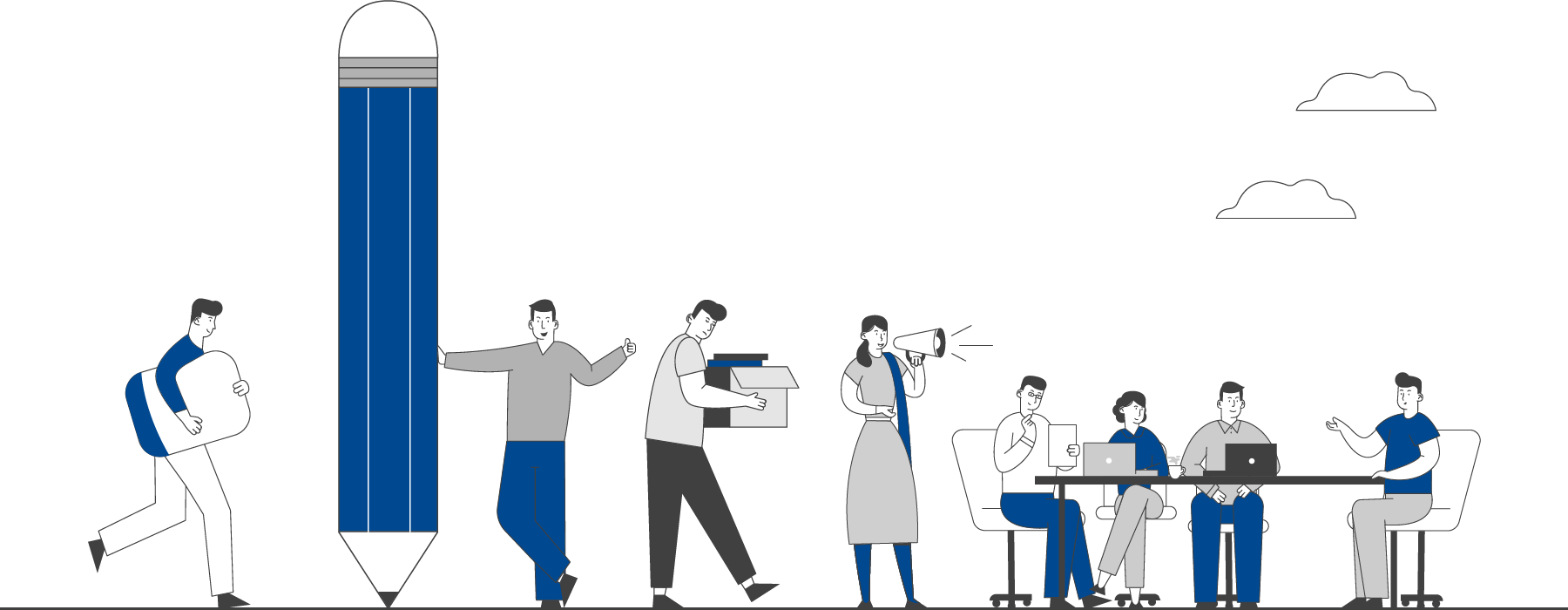

This section hosts guidelines, manuals and toolkits to strengthen public health practice.
Resources
FILTER
BY CATEGORY
View All
Impact of COVID-19 emergency on the psychological well-being of susceptible individuals
07 Jul 2022by Angela Stufano, Guglielmo Lucchese , Benjamin Stahl, IgnazioGrattagliano, Liliana Dassisti, Piero Lovreglio, Agnes Flöel & Ivo Iavicoli 15 MIN
The effects of the present pandemic on mental health are a subject of great concern since they have had an unparalleled psychological impact on the global population. The current study seeks to assess the psychological well-being (PWB) of university employees who have one or more disorders that are expected to enhance the risk of serious outcomes in the event of SARS-CoV-2 infection, defined as susceptible, during the COVID-19 crisis. 210 vulnerable workers (between the ages of 25 and 71) were hired by an Italian university during the COVID-19 second wave (from October to December 2020). 90 healthy university employees between the ages of 26 and 69 were also enlisted. The impact on six sub-domains, including anxiety, depressed mood, positive well-being, self-control, general health, and vitality, was evaluated using the self-report Psychological General Well-Being Index (PGWBI). In order to evaluate the key demographic, occupational, and general health-related factors predicting PWB during the COVID 19 crisis, the researchers employed non-linear dimension-reduction techniques and regression methods to 45 variables. In terms of both the total score and nearly all of the subscales, the PGWBI score was greater in susceptible employees than in healthy ones. Prior to the pandemic, the PWB total score, general health, and self-control subscores were inversely correlated with age and jobs requiring a lot of social interaction. The most recent data indicate that PWB did not decrease among susceptible people of working age during the second wave of the COVID-19 health emergency. Importantly, a higher risk for mental health concerns appears to be inversely correlated with age, especially among people who aren't receiving the same level of social engagement at work as they once did.
Related File :
2833009451.pdfCategories
COVID-19

 EXPLORE DATA
EXPLORE DATA 



























